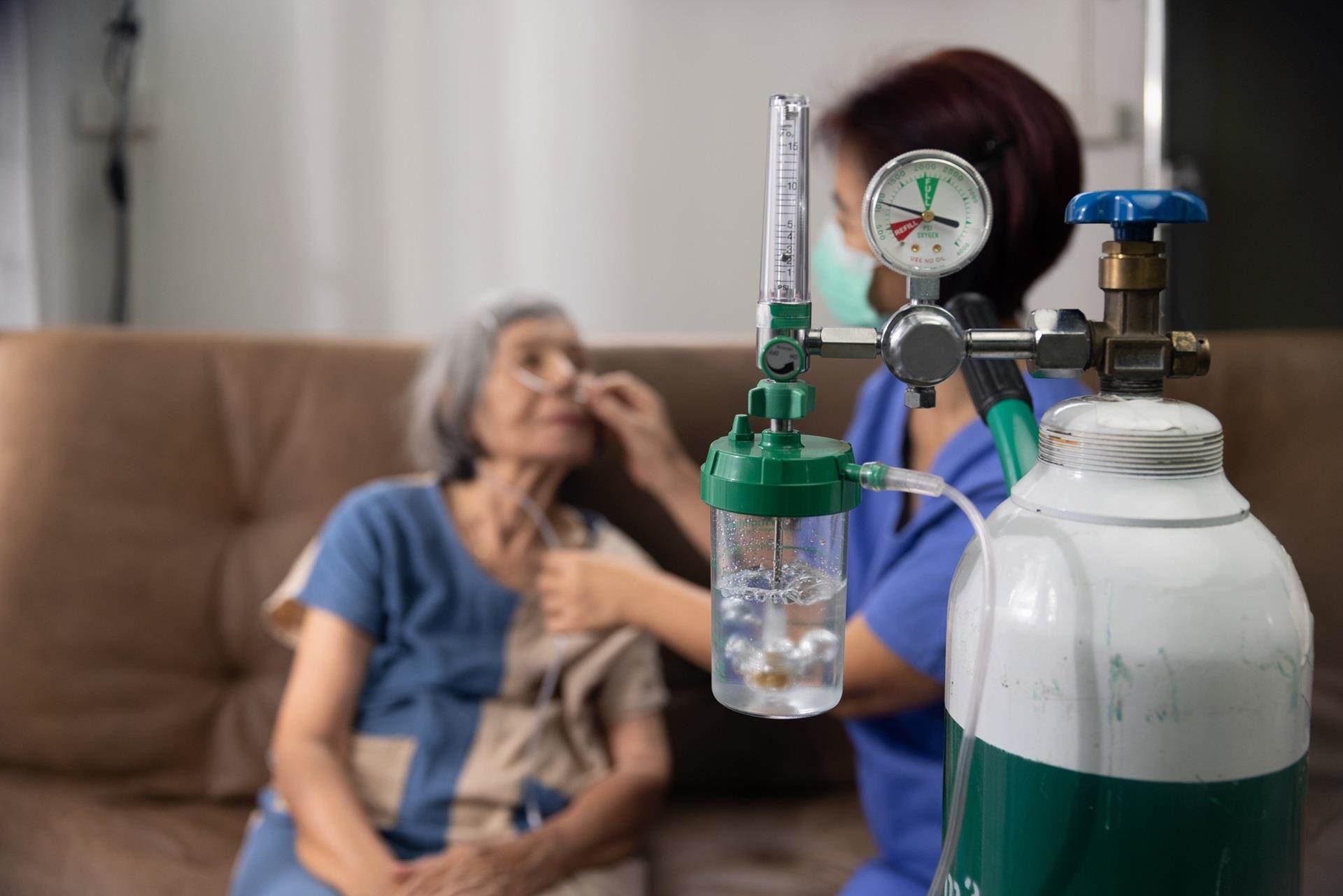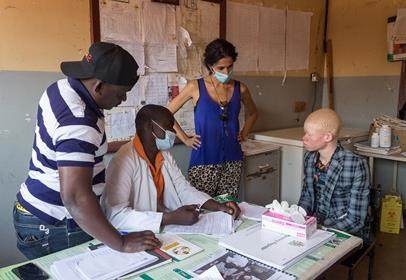
UN Development Programme
Supplying ventilators in West Java, Indonesia
Improve access to healthcare
Asia and Pacific
2022-2023
The issue
During the COVID-19 pandemic, hospitals across Indonesia lacked the ventilators needed to treat patients experiencing respiratory issues. A study in 2021, showed a death rate between 43 to 64 percent due to the limited access to ventilators for approximately 57,429 COVID-19 patients.
As Indonesia's most populous province, West Java faces an acute shortage of ventilators, critical medical devices that support the breathing of patients with respiratory complications. This scarcity has dire consequences for the province's healthcare system. The inability to provide adequate respiratory care has resulted in countless preventable deaths, exacerbating the already strained healthcare system.
The project
Croda Foundation has awarded a grant of £114,570 to the United Nations Development Programme, Indonesia, for the purchase of 13 life-saving ventilators.
To strengthen the health infrastructure in West Java following the pandemic, this project will equip 11 hospitals across the province with a UN and EU standard ventilator, which have been equipped with additional neonatal breathing circuits. Training will also be given to hospital employees on installing and using the ventilators.
Learn more about UNDP here.
Impact
13 ventilators purchased supporting 105,000 patients
Croda Foundation, established in 2020, is an independent charitable company set up by FTSE 100 specialty chemicals company, Croda International Plc, and is registered in England and Wales (number: 1196455). The Foundation is solely funded by generous donations from Croda International Plc and led by an independent Board of Trustees.

